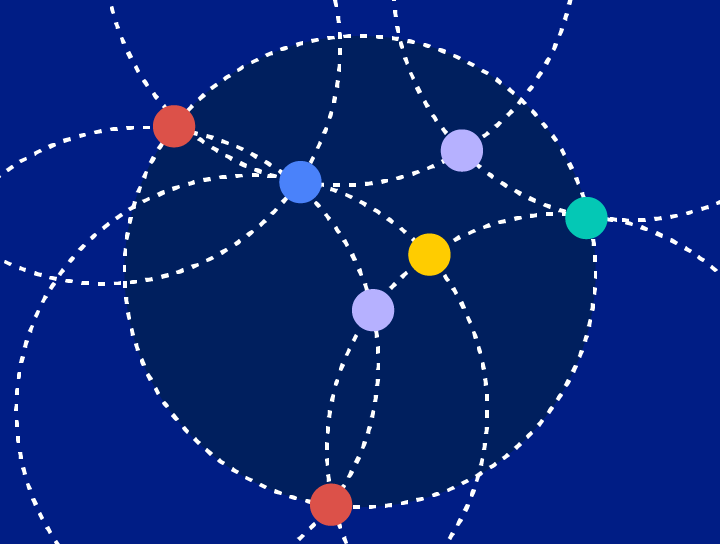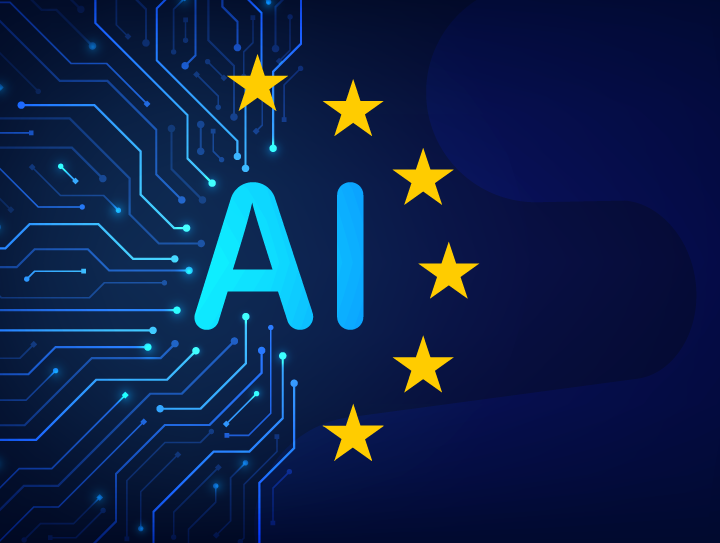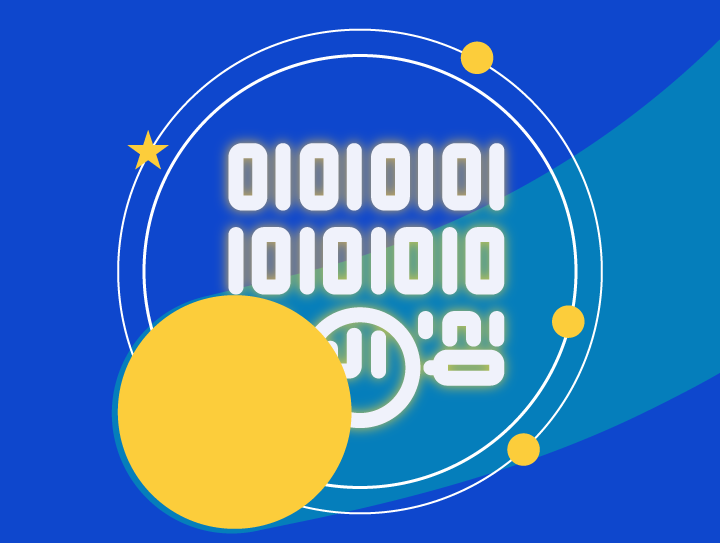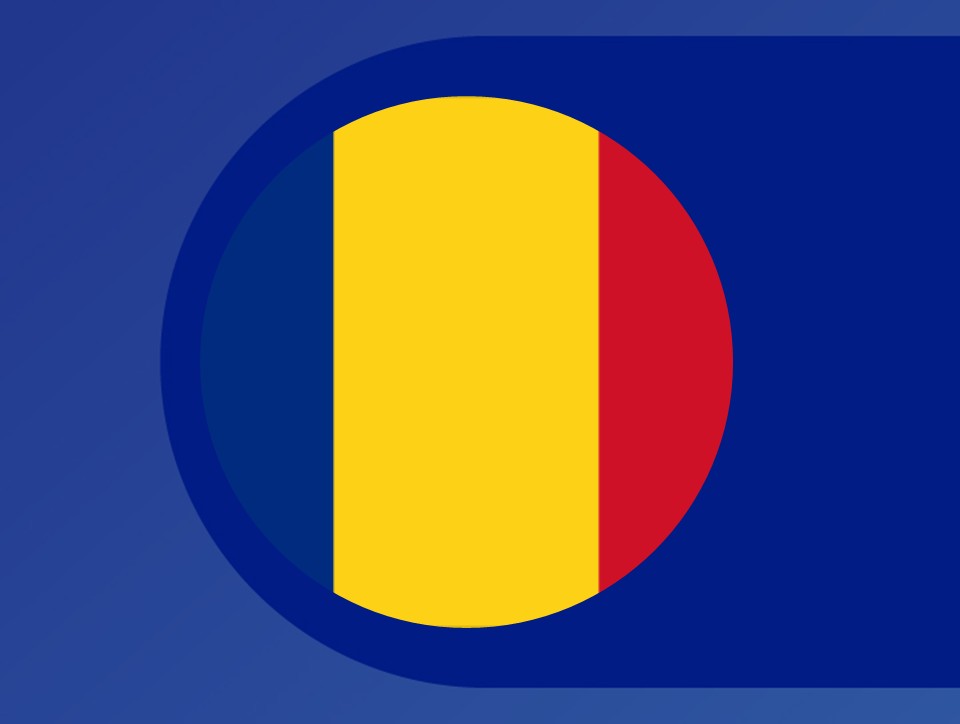Pronađeno 726 rezultata
Skip results of view Vijesti
On Friday, 27 February, from 10:00 to 11:30 CET, we will host our next Academy webinar ‘’Open data maturity in Europe 2025: progress, best practices, and key insights’’ . Make sure you do not miss the session by registering and learning about best practices from countries leading the way in open data across Europe. The webinar builds on the Open Data Maturity report 2025, published on 18 December 2025, which assesses how 36 European countries support the availability and reuse of public sector information. The report looks at four key areas: policy, portals, data quality, and impact. Together

The collaboration channel on the European Data Portal is the place where Europe’s open data community comes together. It offers a shared space for discussion, learning and connection around topics that shape the European data landscape. The channel allows users to follow conversations, join thematic groups and take part in exchanges that go beyond datasets alone . By creating a central hub for collaboration, the portal helps turn individual expertise into shared knowledge. For data reusers, the collaboration channel opens the door to inspiration and peer learning. Data reusers include non

Every year, Valentine’s Day inspires millions of people to exchange gifts, plan special outings, and celebrate their relationships. Behind the chocolates, flowers, and heartfelt messages lies a surprising amount of information that can help us understand how people express affection. Open data offers an accessible way to explore these patterns, revealing how traditions evolve and how seasonal trends shape behaviour across Europe. A wide range of publicly available datasets, such as the retail figures or transport flows, can highlight the scale and impact of Valentine’s Day. For example, open

The Olympic Winter Games Milano Cortina 2026 will take place from Friday, 6 February to Sunday, 22 February 2026, bringing the world’s attention to Northern Italy and the Alpine region. Hosted across several cities, including Milan and Cortina d’Ampezzo, the Games will feature athletes from around the globe competing in winter sports such as skiing, ice hockey, and speed skating. Beyond sport, the event represents a major European moment, combining culture, innovation, and international cooperation. More information about the Games is available on the official website. Organising an event of

The Apply AI Alliance is a coordination forum created by the European Commission to connect AI stakeholders and policymakers and strengthen dialogue around trustworthy and impactful AI adoption across Europe. Designed as the central contact point for organisations active in strategic sectors, this renewed alliance continues the work of the former European AI Alliance while expanding its focus to policy implementation, sectoral insights, and real-world use cases. Through its community exchange platform, members can share opinions, papers, and recommendations while benefiting from news on policy

The Digital Services Act (DSA) is a key piece of European legislation that sets out clear rules for online services used by people across the European Union. This includes social media platforms, online marketplaces, app stores, and travel or accommodation websites. The DSA aims to create a safer and more trustworthy digital environment by protecting fundamental rights online and ensuring that digital services operate responsibly across the EU. Recent developments show how the DSA is now being actively enforced. The European Commission has launched a new investigation into X , extending an
Make sure to reserve your spot for the next data.europa academy webinar ‘Observing our planet through data: Destination Earth’ , scheduled for Friday, 13 February 2026, from 10:00 to 11:30 CET. This session explores the world of earth observation (EO) data and illustrates how European efforts turn continuous streams of satellite observations into clear, actionable insights that support science, innovation, and policy development. Earth observation (EO) data helps us understand how our planet is changing. From monitoring forests and oceans to predicting natural hazards, EO data provides

Romania’s national open data portal, data.gov.ro , serves as the country’s central access point for public sector information. Established in 2013, the portal was created to consolidate open datasets from Romanian public institutions and make them accessible to all users in line with international open data principles. The portal plays a crucial role in advancing transparency, efficiency, and digital transformation across governments. The portal provides clear guidance on open data standards, including machine-readable formats and licensing conditions that enable reuse without restrictive
On the 23 January, the data.europa academy hosted the webinar ‘Smart cities and digital twin technology: the case of Bologna’ , exploring how cities can use data, models, and AI to support better policy decisions. Joined by speakers Stefania Paolazzi from the Comune di Bologna and Marco Pistore from the Fondazione Bruno Kessler , the session explored how Bologna is developing next-generation civic infrastructure to make public governance more transparent, efficient, and collaborative. The webinar started by introducing Bologna’s digital twin : a dynamic digital model of the city which

The Justice IT toolbox is a key initiative under the European Commission’s efforts to modernise justice systems across the EU. Designed to support the DigitalJustice@2030 strategy , this toolbox brings together a collection of AI solutions, IT tools, data standards and guidance that member states can reuse to accelerate digital transformation within their national justice systems. The platform operates as a collaborative space where member states can share digital solutions that have been proven effective in national contexts. By allowing for the reuse of interoperable tools, the toolbox helps
